|
Yesterday we were shut down by vegan protestors. After all the debate online, and the rescheduling, four rather angry, intimidating, and determined fundamentalists, arrived uninvited, and disrupted our by now infamous rabbit class. It didn’t get ugly but it was unpleasant and upsetting, to say the least. We tried talking to them, to explain what we were doing and why. They weren’t interested. We tried asking them to leave. They just said, “make us.” We tried quietly carrying on with what we were doing. But it was impossible to hear each other above all the shouts and aggressive chanting, let alone have a conscious exploration of what it means to eat meat. We all felt pretty powerless in the face of this onslaught. I know I did. After about an hour of relentless pressure, we gave up and stopped the class. And the rabbits stayed in the box. The rabbits in the box Many of the participants, and I include myself in this, were already pretty challenged by the idea of getting so up close and personal with butchering an animal. The protest took that challenge to another level. I’m amazed that none of us got too freaked out, and thankfully we all kept our cool. Sadly Feathers, a teacher dedicated to connection and to ethical caretaking of the land and all creatures on it, never got to show us how to be more mindful of what most of us who eat meat never care to think about. Nor did he get to show us how to make offerings of gratitude to animals for giving their life so that we can live. Nor did he get to ask what each of us will do with the energy we get from eating another being. And the rabbits will have to be disposed of, which really is a waste of life. Feathers shows us one of the rabbits I spent a lot of last night running over and over what I could have said or done differently that might have made the protesters stop. At the time I could feel myself digging in, of being pushed into an "I'm right and you're wrong" corner, and just wanting to carry on at all costs. There was little point. Instead of wavering, all the participants said the protest made them more resolved to do the class, and have asked us to reschedule. I’m not sure if we will. Despite some of the taunts that it was all just about making money, the session was already running at a loss before the day started. Ten people had booked, not quite enough to cover costs. But never mind all that.
photo: Jonny Wilson www.subsculptures.com Lucila, one of our participants sent me this in response to the day’s drama, which sums up how I’d like to think about it: “What I found interesting was how when we were about to connect with them, the protestors shut down and started being abusive again. I think the fact that we were respectful at all times, and tried to engage, and did not rise to their abuse or their trespassing, is quite powerful, even if it felt like we were powerless. I think that was probably lost on them, but we can't control that. “And in terms of eating meat or not, the question remains. Vegans extend the terms of who is a sentient being to animals but not to plants. They make a clear divide and are comfortable with that. "But if we extend the boundary of sentient beings to all living things - like native peoples do - if we really flatten the hierarchy, the question remains… We are beings that don't create our own food, so we must consume: how do we do that honourably? “It’s not easy since we are not part of an indigenous community, nor do we live off the land, so we have to make choices and compromises. "And not only with food, but with what we wear, how we live and move, and the technologies we use. Each one of us will come up with different answers, different ways of living, none of them perfect. “It is hard to hold this question, but I would rather do that than create a stark divide and create more violence.” The real point of our rabbit class was to explore this question, but the protestors wouldn't let us have the discussion. Are they right? Once I might have been sympathetic to the protestors' point of view, but the latent aggression, the implied threat, the implication that they’re right and I’m wrong, is so offensive, that it's hard to accept anything they have to say now. But by the same token, I don’t want people to stop protesting. Protest has achieved all sorts of good things. And it's not just that I don’t want them to protest against me. As Lucila implies, everything we do comes at some sort of cost to something else: land cleared for cereal crops kills trees, and destroys bird and insect habitats, fruit and vegetables flown in from half way across the globe rack up carbon emissions. Humans are consumers, so how do we live with it? How do we do that honourably, and what do we do with the energy we get from consuming? That is what we were there to explore. And I guess we did. In an even more visceral way than skinning a rabbit. If nothing else, the vegans' challenge has brought this into sharper focus. --------------- Thanks to everyone who came, and for being so supportive. Let’s hope some good comes out of it.
Alex Mabbs
31/10/2017 07:34:15 pm
That conversation about ethical eating seems so important to me, & I wrestle with it within myself, but it's a shame that it seems impossible to have the conversation respectfully, calmly and rationally. It's hard not to be fundamentalist when you feel passionately about something, but we're going to have to learn how to combine passion with respect for people with contrary views if we're going to build a united society rather than descending further into division
NIgel
31/10/2017 10:17:21 pm
Totally agree. Is there a panel debate or workshop session in this?
John
14/11/2017 12:51:39 pm
I recommend bitesizevegans blog or YouTube, she does a good job of presenting the facts while remaining composed.
John
14/11/2017 12:49:32 pm
It is a shame that those people, ( who are not representive of vegan people as a whole ofc), were not protesting at an industrial dairy or a pig farm instead.
Annie Leymarie
14/11/2017 08:08:38 pm
Thanks Nigel! I have responded in part through another conversation around the topic, in which you also took part: https://www.lowimpact.org/ethical-keep-animals-meat-dairy/
Victoria
24/11/2017 02:53:38 pm
I have just come across this discussion and understand many of the sides of the meat/vegan argument,. However, the main, and only point, is usually missed in all debates about housing, food, social care for the elderly, migration and many other topical issues. That is the unsustainable overpopulation by our human species. Until people can really engage and debate this, globally, and implement policies on a personal level (limiting family size) as well as geo-politically (addressing human population sustainability across all nations and faiths) I am afraid that nothing can be resolved. Comments are closed.
|
Author & CuratorNigel Berman is the founder of School of the Wild. Archives
March 2024
|
Leaders |
About Us
Support |
|

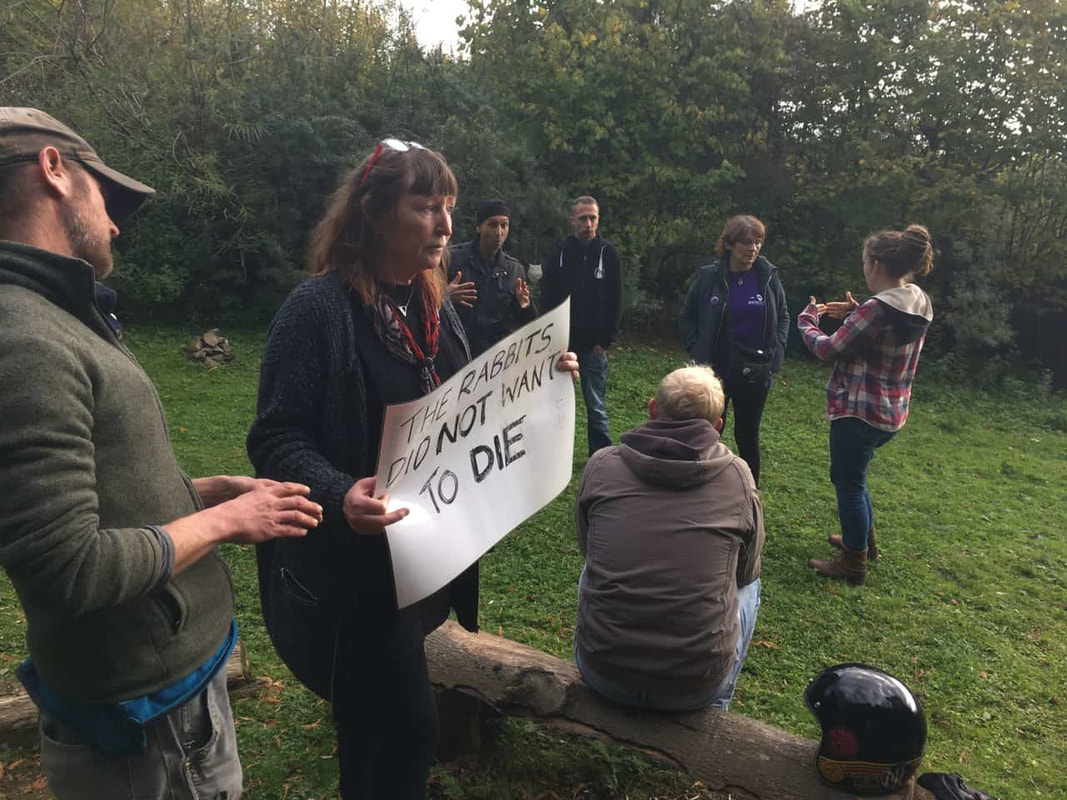
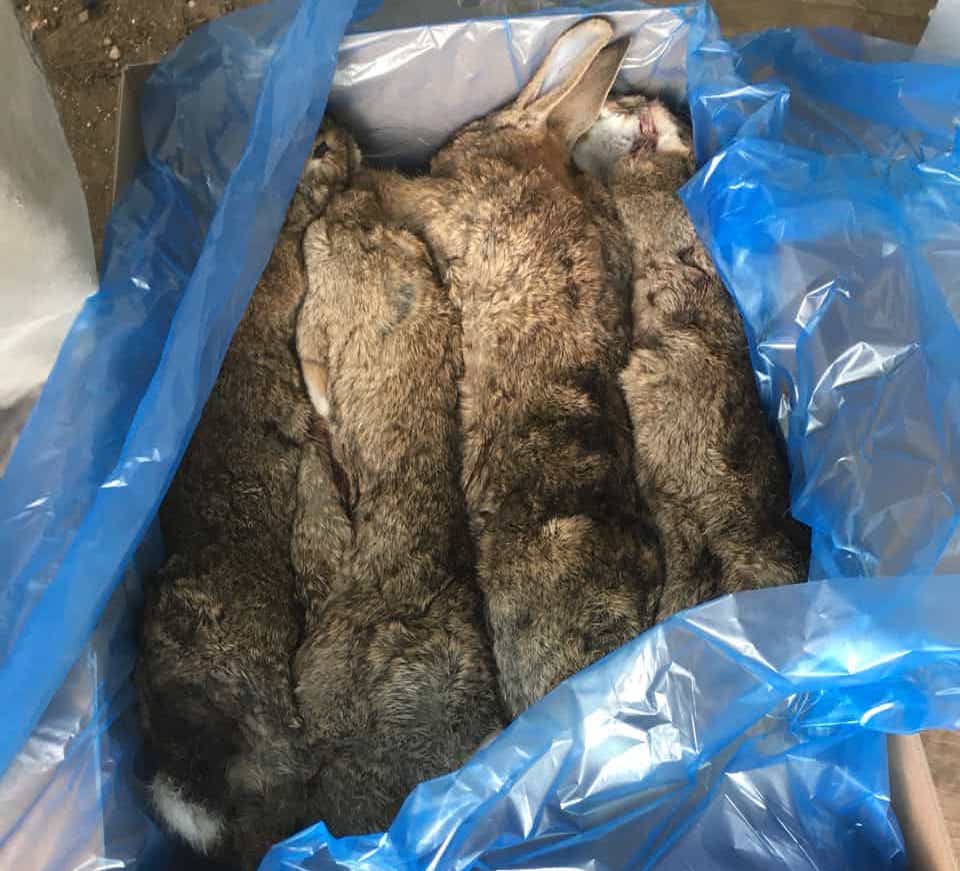
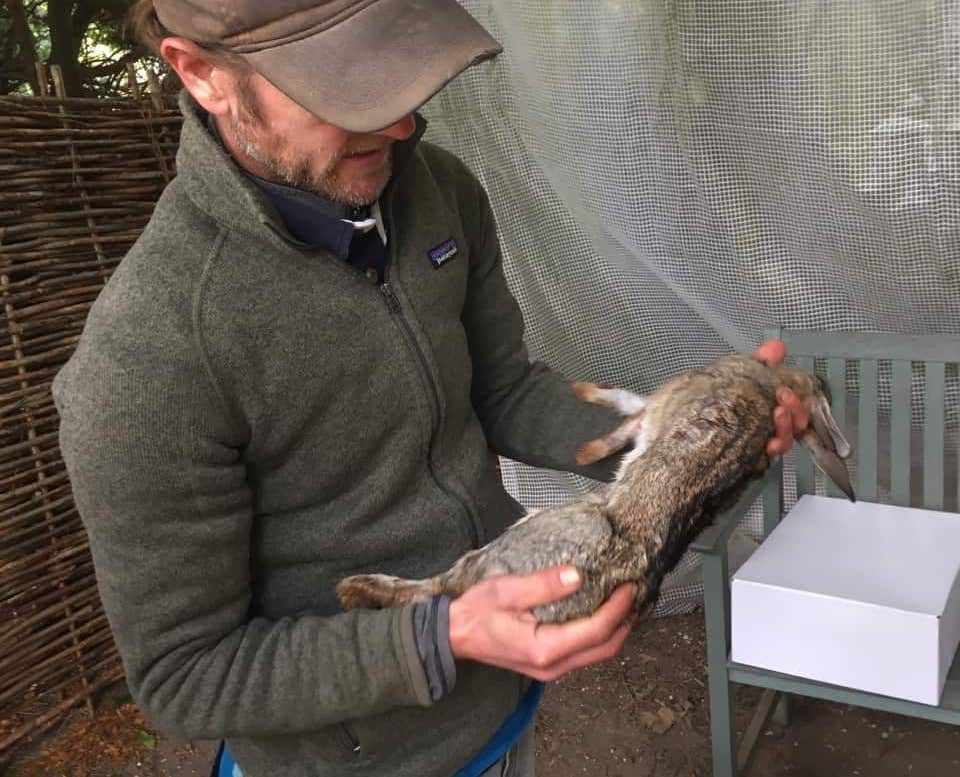
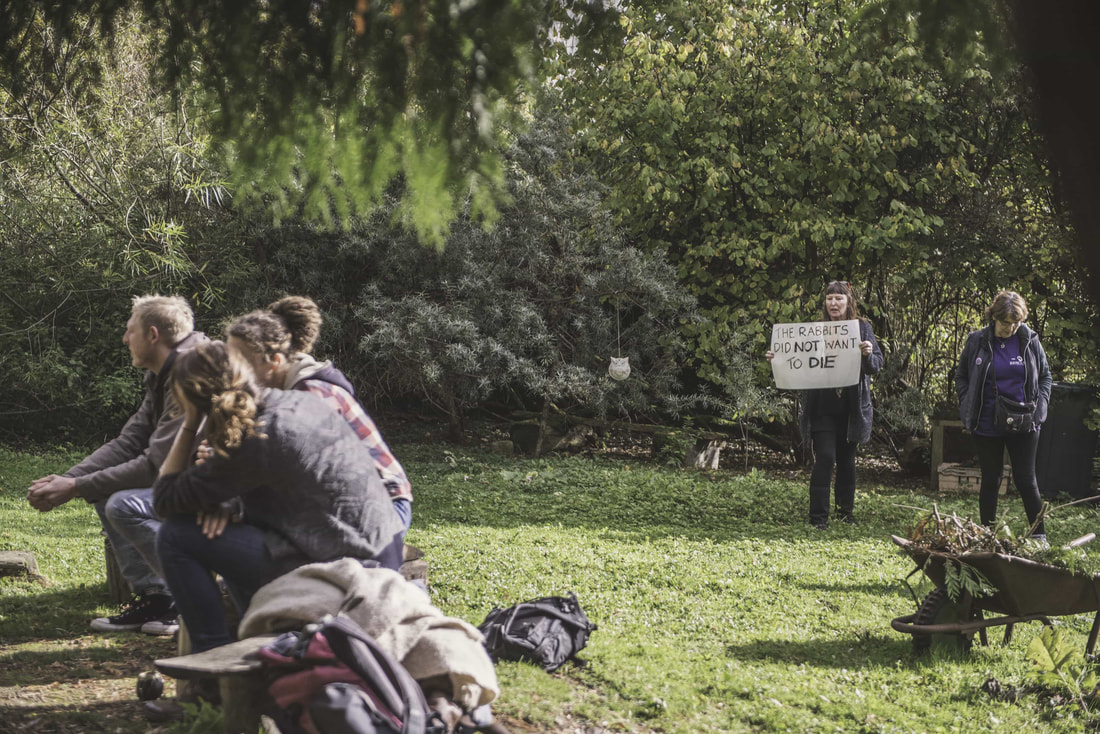
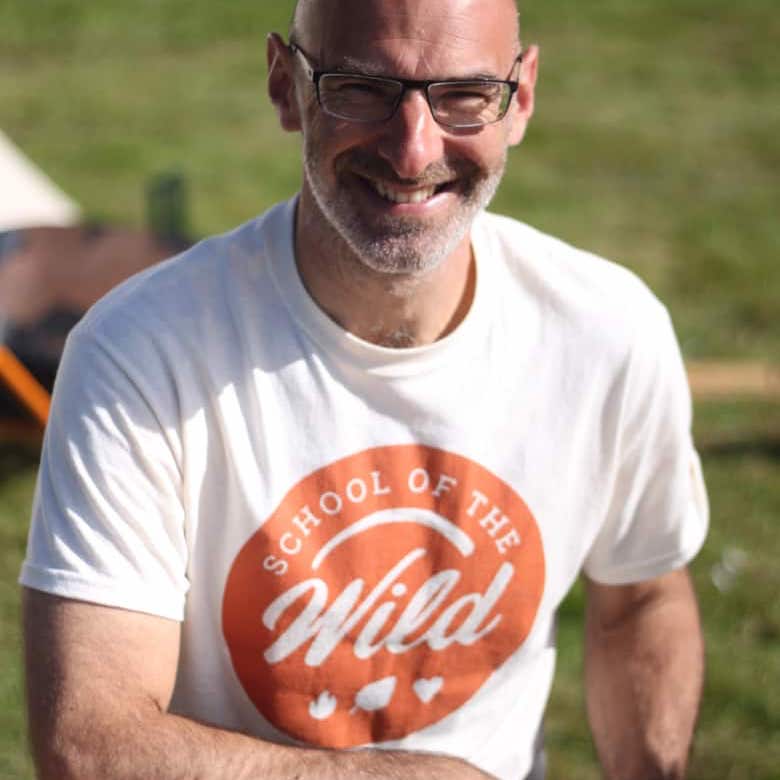
 RSS Feed
RSS Feed



